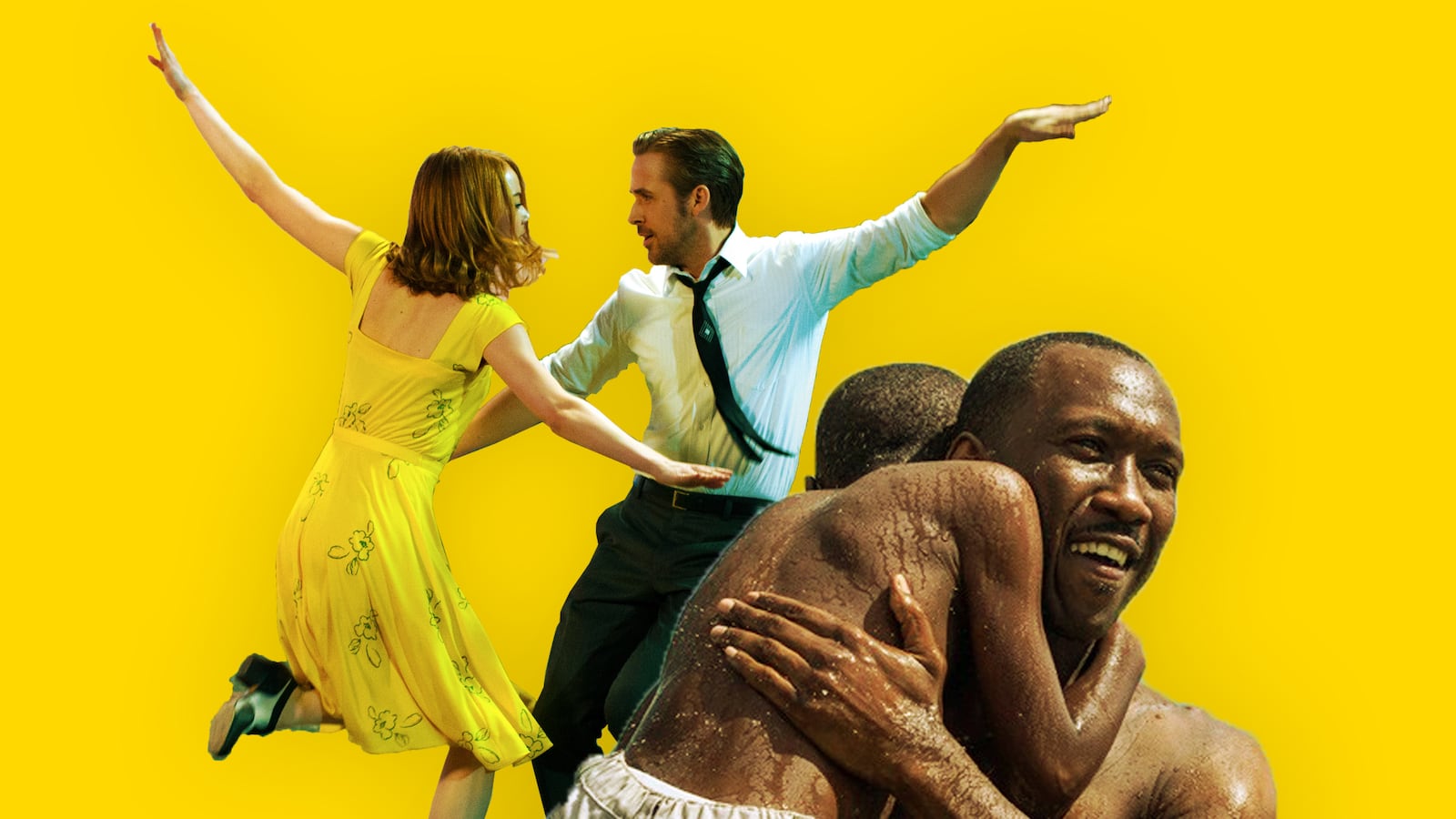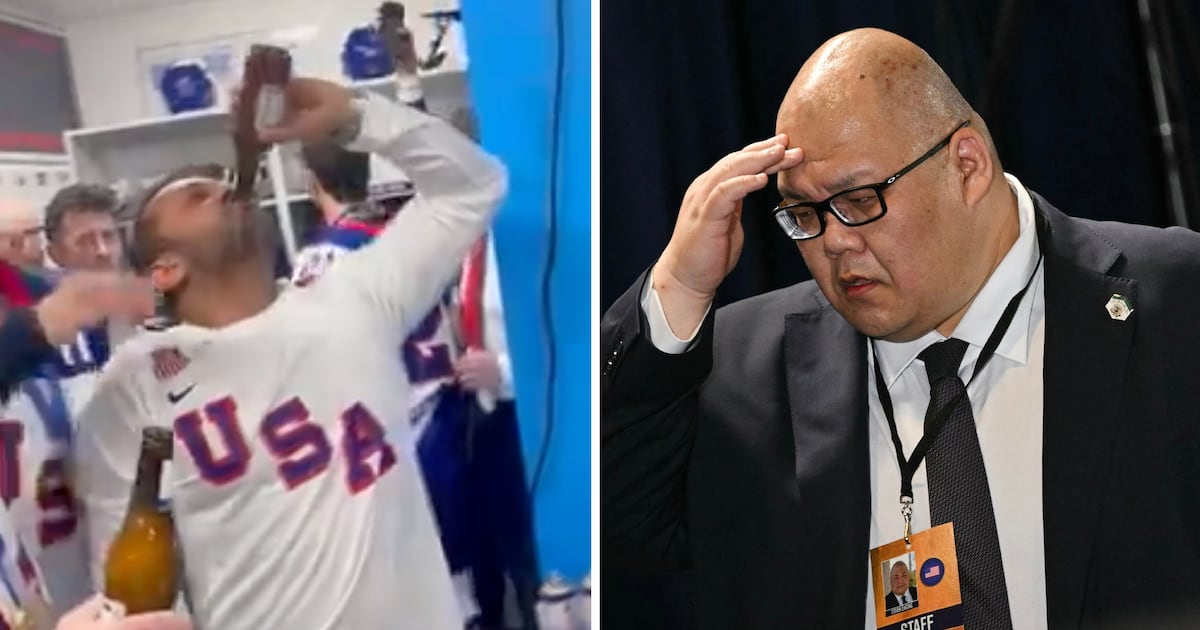MARLOW: So here it goes: our final very public Academy Awards tête-à-tête. We’ve already covered the year’s biggest awards controversies, why the great Viola Davis better get a goddamn Oscar, and the skeletons in Oscar frontrunner Casey Affleck’s closet. Now it’s time for the final two major categories in this glitzy gauntlet, Best Director and Best Picture. At the risk of repeating ourselves, it is worth mentioning once again how bananas it is that Mel Gibson, Hollywood’s version of an alt-right “fellow traveler,” is nominated for Best Director. Gibson is a talent, for sure, but not only is this an awards show voted on by his peers—with the nod signaling forgiveness for the unrepentant Gibson’s string of heinous misdeeds—the movie he’s being recognized for, Hacksaw Ridge, is sappy Hallmark card dreck. I loved Apocalypto. This is not in the same league.
KEVIN: I will say that I’m maybe not surprised that it was nominated, specifically because Academy voters salivate over exactly that kind of sappiness, especially when it is being poured all over a testosterone-filled, hoo-rah war movie. I will also say—albeit quietly, and hiding my head from blunt objects you might throw at me—that I kind of liked Hacksaw Ridge. Sure, the hokey religious stuff in the beginning would veer on camp, if Gibson were capable of thinking of religion in such terms, but I thought the war footage was masterful. The scenes were terrifying and bloody, and at times strangely beautiful. Gibson, for better or worse, knows how to shoot a muscular, artful, pulse-racing action sequence. Clearly, though, you do not think this should be in the Best Picture race. What would you have included instead?
MARLOW: He does know how to film a war scene, but I far preferred the up-close, intimate feel of Braveheart’s combat sequences versus the chorus of exploding limbs in Hacksaw, which became pretty repetitive. Also, there’s a sequence where Andrew Garfield is dragging Vince Vaughn across the battlefield as he’s mowing people down that is so preposterous it made me chuckle. Some directorial efforts that were overlooked this year include: Andrea Arnold for American Honey, a spellbinding road saga that captures the aimlessness, unbridled passion, and entrepreneurial spirit of millennials; Park Chan-wook’s elegant psychosexual thriller The Handmaiden, a showcase for Park’s visually sumptuous images; and Jeremy Saulnier’s Green Room, a muscular grindhouse flick that had my ass firmly planted on the edge of my seat.
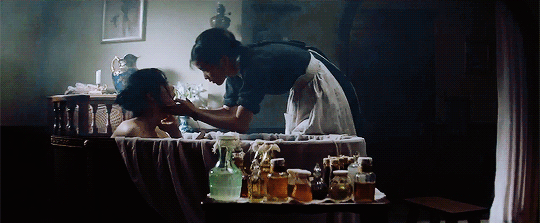
KEVIN: I would add Pablo Larraín to that list for capturing some of the year’s most beautiful and unusual camera shots in Jackie, and for pulling off the impressive feat of somehow simultaneously making Jackie Kennedy seem like an alien who has arrived from the moon but also more human and achingly relatable then she’s ever been in cinema. But I’d rather reserve my grief over who didn’t land a Best Director nod so that I can unload it instead on who will not win. Kill me now, because Moonlight’s Barry Jenkins is going to lose the award to La La Land’s Damien Chazelle. I know I need to just surrender myself to the La La Land sweep. But I just can’t do it.
MARLOW: It is pretty ridiculous. Look, I enjoyed La La Land and found some of its choreographed dance sequences to be stunning—particularly the beginning and end—but the direction in Moonlight, with its striking, pale blue hue and expert POV camerawork, elevated an intimate coming-of-age tale into a transcendent, galvanizing, utterly devastating work of art. And Chazelle, the handful of awe-inspiring scenes in La La notwithstanding, isn’t that great of a director. The orange-tinted Whiplash was sloppily done, and there are way, way too many shot reverse shots in La La (though it’s an understandable fall back option, given how well Ryan Gosling and Emma Stone give “the look,” brooding vs. hopeful). The inevitable Chazelle over Jenkins scenario reminds me of the time Alejandro Iñárritu won for Birdman—really a triumph of editing technique blended with Chivo Lubezki’s ace camerawork—against Wes Anderson for The Grand Budapest Hotel and Boyhood’s Richard Linklater.
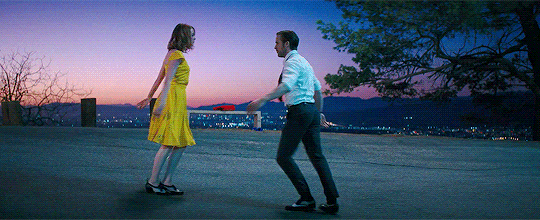
KEVIN: Before I finish screaming into a pillow about the awards La La Land is going to win instead of Moonlight, should we acknowledge the movies that should be in the race that aren’t? LIKE ZOOTOPIA!? I’m one bender shy of booking a flight to Nepal, climbing Everest, and shouting from the highest mountain top that Zootopia was the best movie of the year and it is goddamn insane that it’s not getting its due credit just because its main characters are animated and its crucial message also happens to be adorable. While I’m there, I’ll take out the still of Annette Bening in 20th Century Women I keep folded in my jacket pocket next to my heart and solemnly hold it up in the air, in remembrance of one of the most interesting portraits of feminine intelligence and its role in male coming-of-age I’ve ever seen in on film.
MARLOW: A big YES to Zootopia, the most nuanced and intellectually curious movie of the year. That the filmmakers pulled off such a pointed cinematic commentary on diversity via family friendly animation is something that we should be justly rewarding. I’ve already mentioned them, but I’d include the thrilling Green Room, seductive, labyrinthine The Handmaiden, and the dynamic American Honey in the conversation as well. I was also a big fan of Anna Rose Holmer’s stellar debut feature, The Fits—a surreal meditation on identity, puberty, and assimilation. But #NoDisrespectToOtherMovies, the best film of the year is Moonlight.
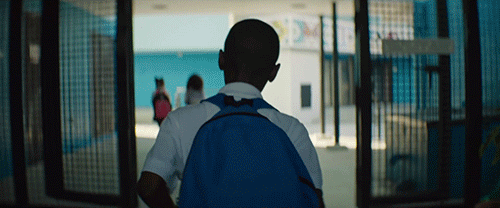
KEVIN: Allow me to dust off my snazzy soapbox that I keep for occasions just like this and explain why Moonlight matters, why award shows matter, and why Moonlight winning an award at this award show matters. Cultural progress and change moves in fits and starts, and it requires thrusts of effort from all avenues—especially cinema—to keep it moving forward up the hill. Arts and cinema have always had the power to reflect angst, fear, desperation, and, out of that, possibility; to provoke and inspire, to spark debate, to tell stories that illuminate and change hearts, and then minds, and then maybe even policy. But for any of that to happen, people need to see themselves—or in the case of much of the Academy, see people not like themselves—in these stories. Moonlight is a story about gay black masculine identity, something so specific but which winds up universally relatable. But it takes a movie this beautifully made, with performances this audacious and real, to have that impact. And it takes rewarding those movies to give more platforms to artists like Barry Jenkins to get more like them made, and for the people watching them to feel like maybe they could one day make them. If we don’t need this now, then when? Or, you know, just give the award for the so-so musical about Emma Stone’s struggle to be taken seriously in Hollywood as a pretty white girl.
MARLOW: It reminds me of this great Junot Díaz quote, “If you want to make a human being into a monster, deny them, at the cultural level, any reflection of themselves.” If Hollywood truly sees itself as a thought/change leader, then it should give the Best Picture Oscar to its rightful recipient: Moonlight.
